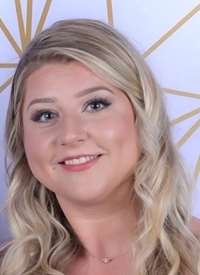Medical College of Wisconsin Intensive Program of Aphasia Therapy (IPAT)
The Intensive Program of Aphasia Therapy (IPAT) is a comprehensive language therapy program led by a multidisciplinary team with expertise in speech therapy, neurology, neuropsychology, and biomedical engineering. Our mission is to offer cutting-edge, evidence-based treatments for aphasia in a daily, intensive format that is generally not available elsewhere. The program is tailored to individual needs and goals while emphasizing a sense of community and well-being through functional communication.
Program Information
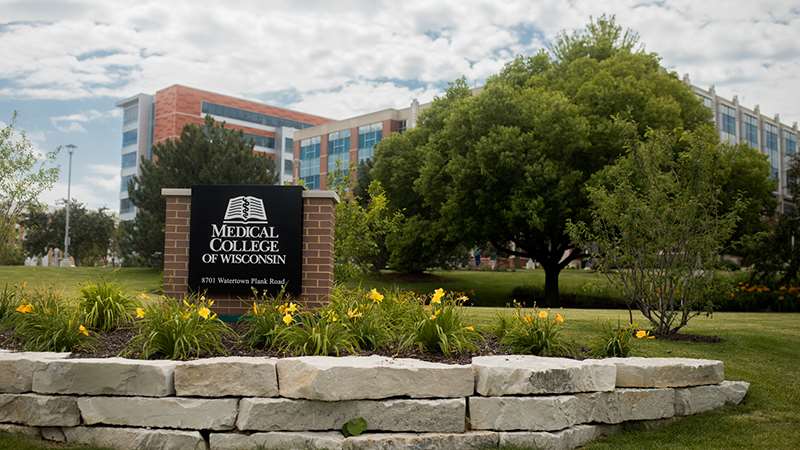
IPAT Application Process
- Complete the application questionnaire.
- The program coordinator will follow up with you to gather more information and answer questions. A virtual screening call may be requested. Medical records, including most current speech therapy documentation, are required. Requests from healthcare systems may take 2-3 weeks.
- The IPAT team reviews all applications and records to make a decision about enrollment on an individual basis.
- If accepted to the program, participants must be available to come to campus for a pre-therapy assessment appointment at least 2 weeks prior to the first day of the program and a post-therapy assessment appointment the week following the program.
- A nonrefundable deposit is required within 1 week of invitation to attend the program, with the full remaining payment due 1 week before the start of the therapy program.
IPAT Stories in Their Own Words
"IPAT has given me so much hope. The speech therapists were truly dedicated to helping me to succeed. Before going to IPAT, I really did not know how to communicate. I learned different, more effective strategies. My confidence grew and I began to use more words." (IPAT Participant)
"Aphasia is a very hard situation, IPAT taught me so many different ways to adjust myself. My health insurance decided how much care (standard outpatient therapy) I could get. I felt lucky to go to IPAT. The persons that will help you are so patient and kind, and fun to be working with, and they know so much about how aphasia, language and speech affects people." (IPAT Participant)
"I am more confident and capable of participating in conversations with more than one person." (IPAT Participant)
"Spending time with other people with aphasia was vital. She had more hope and was able to become really engaged in her own recovery. Having a program that was tailored to her needs and had the time to make headway on her goals was invaluable. Before this program it was all very overwhelming. After this program, it was like a light was turned on and she began to make rapid progress and that progress continues today on the foundation laid by the staff at the Medical College." (Parent of Person with Aphasia)
"The speech therapist took time to learn about my stroke experience, which made me feel supported, and motivated to improve my speech. Participating in IPAT impacted my life in several ways, such as learning more about other stroke survivors' experiences, and making long lasting friendships." (IPAT Participant)
"After suffering a stroke with subsequent aphasia, and completing a program of standard speech therapy, I felt my speech could still improve more. I gained a heightened appreciation of the challenges, determination and spirit of other stroke patients, as well the IPAT staff. It was an inspiration to be in that supportive environment." (IPAT Participant)
The Silent Aftermath
Learn more about Aphasia Research at the Medical College of Wisconsin and the impact on our community.
Meet Our Team

Jeffrey R. Binder, MD
Professor of Neurology, Cell Biology, Neurobiology and Anatomy, and Biophysics; Director of Stroke and Neurobehavior Programs, Department of Neurology; Director of Language Imaging Laboratory, Department of Neurology
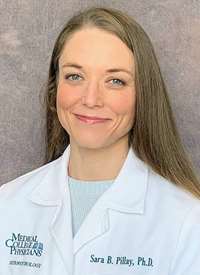
Sara B. Pillay, PhD, ABPP
Associate Professor
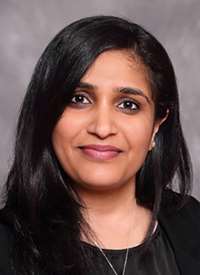
Priyanka Shah-Basak, PhD
Assistant Professor
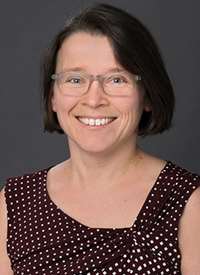
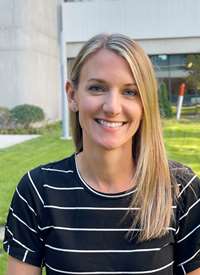
Shelley Laitinen, MS, CCC-SLP
Program Coordinator and Speech-Language Pathologist
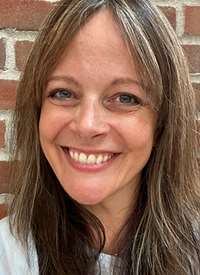
Ann Kukowski, MS, CCC-SLP
Speech-Language Pathologist
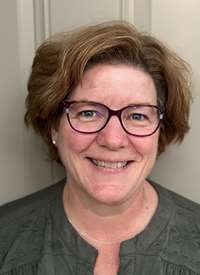
Amy Monday, MS, CCC-SLP
Speech-Language Pathologist
